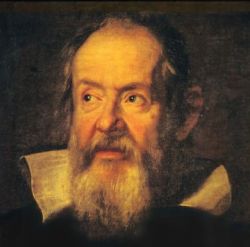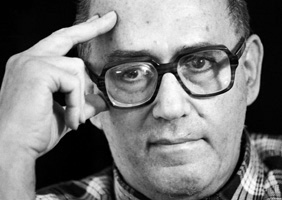I am the LORD, and there is no other, besides me there is no God...from the rising of the sun and from the west, that there is none besides me; I am the LORD, and there is no other. 7 I form light and create darkness, I make well-being and create calamity, I am the LORD, who does all these things. ESVIsaiah 45:7
I form the light, and create darkness: I make peace, and create evil: I the LORD do all these things. KJVHere the KJV translates the Hebrew noun רַע in vs. 7 as “evil”. This can be misleading if someone isn’t aware of the context or culture and even other valid translations of Scripture. The term can be translated variously as we see in the ESV above. Yahweh is speaking to Cyrus of Persia whom He had given power to “subdue nations” and bring deliverance.
The Persians believed in an earthly dualism (good/light vs. evil/darkness). In fact, Zoroastrianism was a major religion there. Obviously then the meaning here is not a reference to the evil of sin that God does not create but to the judgments of war and its calamities. Keil and Delitzsch confirm this.
as the prophecy concerning Cyrus closes with this self-assertion of Jehovah, it is unquestionably a natural supposition that there is also a contrast implied to the dualistic system of Zarathustra, which divided the one nature of the Deity into two opposing powers.The terms “light” and “darkness” used in vs. 7 are more likely to be symbolic of “deliverance” or “judgement.” which Cyrus had been appointed to deliver for the peace of Israel. Notice these remarks by the NET translators:
This verses affirms that God is ultimately sovereign over his world, including mankind and nations. In accordance with his sovereign will, he can cause wars to cease and peace to predominate (as he was about to do for his exiled people through Cyrus), or he can bring disaster and judgment on nations (as he was about to do to Babylon through Cyrus).No, God does not directly create evil. It is a secondary or indirect cause in the created world. Thus the earthly conflict of light vs. darkness being played out in our world. Here the Only True and Living God is seen to be the “Lord and there is no other”. He is truly sovereign over all creation. Keil and Delitzsch close their thoughts on this passage with these remarks:
The meaning of the words is not exhausted by those who content themselves with the assertion, that by the evil (or darkness) we are not to understand the evil of guilt (malum culpae), but the evil of punishment (malum paenae). Undoubtedly, evil as an act is not the direct working of God, but the spontaneous work of a creature endowed with freedom. At the same time, evil, as well as good, has in this sense its origin in God,—that He combines within Himself the first principles of love and wrath, the possibility of evil, the self-punishment of evil, and therefore the consciousness of guilt as well as the evil of punishment in the broadest sense. When the apostle celebrates the glory of free grace in Rom. 9:11ff., he stands on that giddy height, to which few are able to follow him without falling headlong into the false conclusions of a decretum absolutum, and the denial of all creaturely freedom.
Notes:
1. Keil, C. F., & Delitzsch, F. (2002). Commentary on the Old Testament. (Is 45:4–7). Peabody, MA: Hendrickson.
2. Biblical Studies Press. (2006; 2006). The NET Bible First Edition Notes (Is 45:7). Biblical Studies Press.














